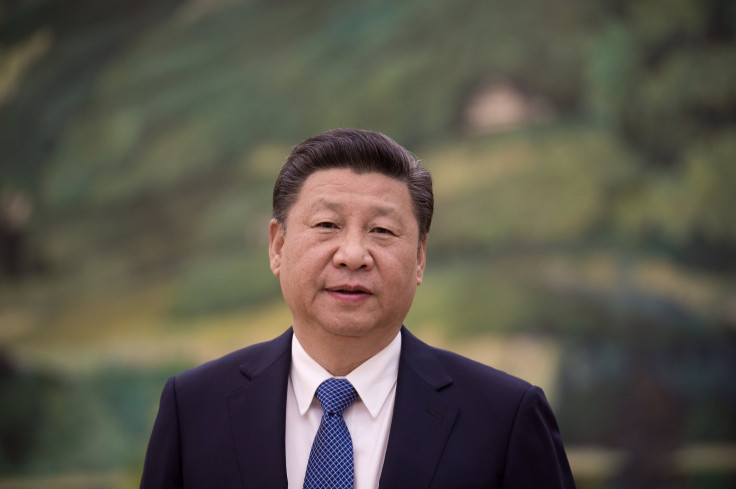What Is China Muslim Net? Popular Chinese Muslim Website Down After Letter Critical To Xi Jinping Posted On Its Forum

China Muslim Net, a popular website for Chinese Muslims, has been inaccessible since Saturday after a critical letter addressed to Chinese President Xi Jinping was posted on one of its forums.
The website, which is immensely popular among Hui — a large and relatively well-assimilated community of China's Muslims — is reportedly an important platform where Chinese Muslims discuss matters related to their religious practice.
It was unclear if the website was down because of the critical letter posted on the website.
According to Reuters, the letter called for the release of a student named Kwong Pyong, who the letter said has been missing since October. The letter claimed that the student disappeared shortly after he shared photos online of a satirical T-shirt with a message likening Xi to Hitler. The student reportedly said in the forum that he planned to wear the shirt in public.
Shortly after the letter was posted, a scholar at the Chinese Academy of Social Sciences, Xi Wuyi, posted screenshots of the letter and some content from the website on to her Weibo account, saying that the China Muslim Net website promoted religious extremism.
Gu Yi, one of the three co-authors of the letter, told Reuters that the loss of access to China Muslim Net could be linked to the letter.
"Why would they target the website at this time?" he told Reuters Wednesday. "Wuyi's screenshots of the post of the open letter gained almost 500 reposts in several hours, making the open letter spread beyond their control."
However, there has been no confirmation on the reason why the website was inaccessible to its users.
Over the last few months, Chinese officials have claimed that religious extremism had begun to spread to central China from the far western region of Xinjiang, which is mostly populated by ethnic Muslim Uighurs.
While China's constitution guarantees religious freedom, rights groups have argued that the officially atheist ruling Communist Party seeks to restrict religious practice, especially for Muslims. However, the Chinese government strongly denied such allegations.
© Copyright IBTimes 2024. All rights reserved.





















